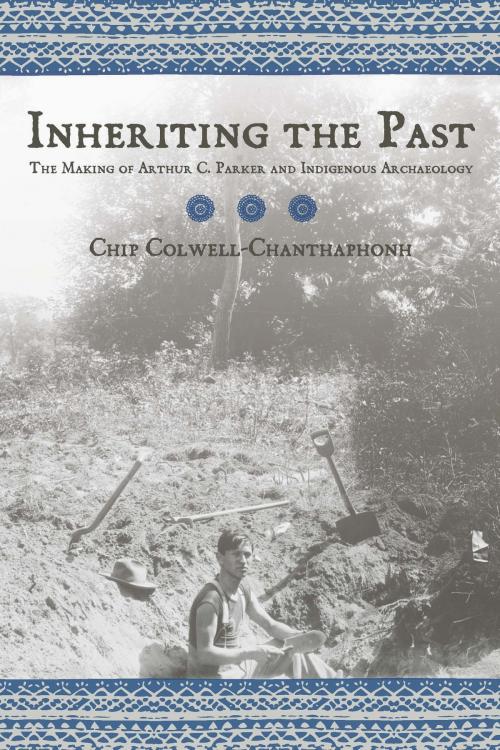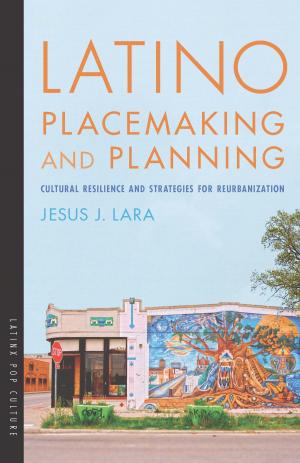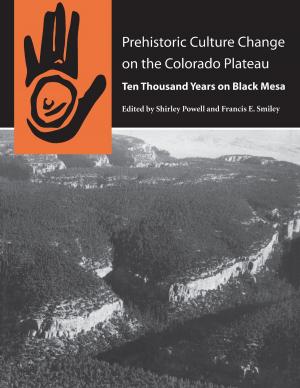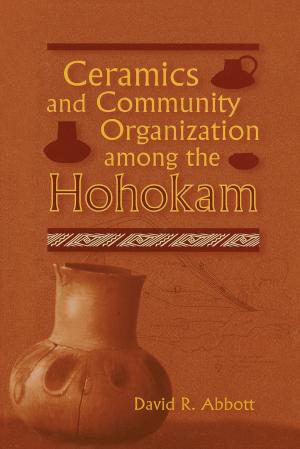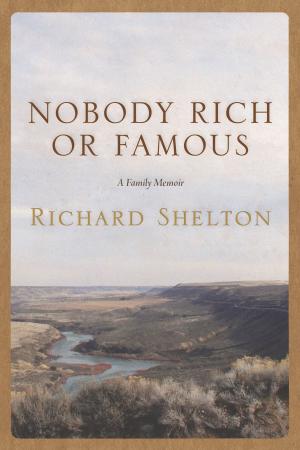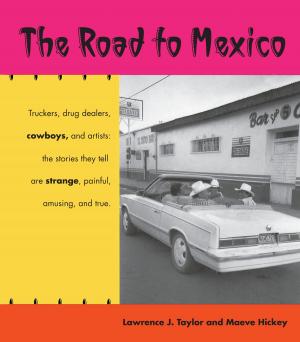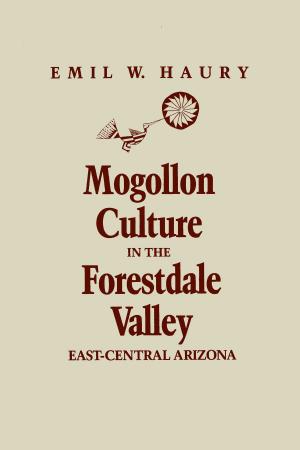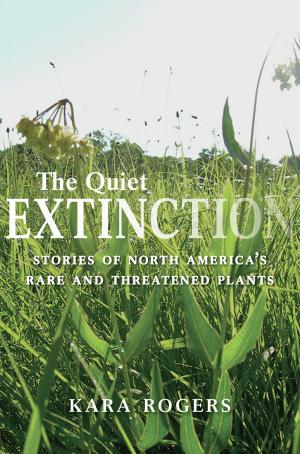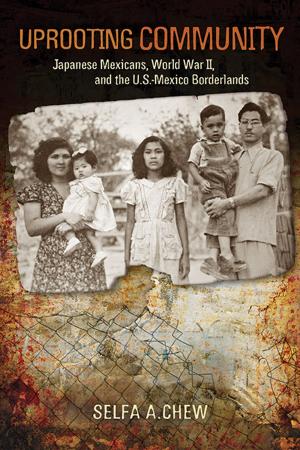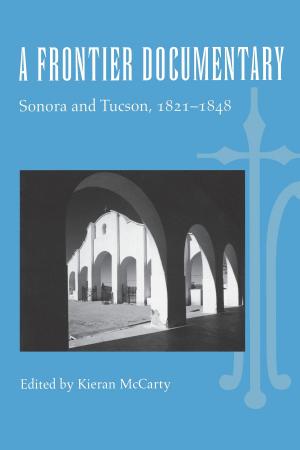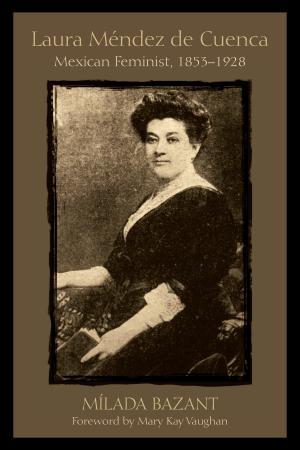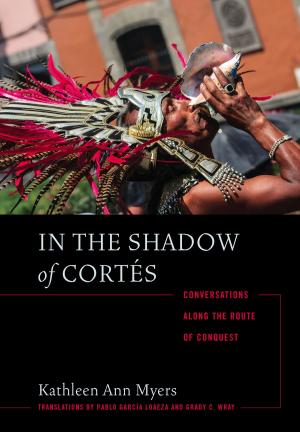Inheriting the Past
The Making of Arthur C. Parker and Indigenous Archaeology
Nonfiction, Social & Cultural Studies, Social Science, Cultural Studies, Native American Studies, Biography & Memoir| Author: | Chip Colwell | ISBN: | 9780816534401 |
| Publisher: | University of Arizona Press | Publication: | May 26, 2016 |
| Imprint: | University of Arizona Press | Language: | English |
| Author: | Chip Colwell |
| ISBN: | 9780816534401 |
| Publisher: | University of Arizona Press |
| Publication: | May 26, 2016 |
| Imprint: | University of Arizona Press |
| Language: | English |
In recent years, archaeologists and Native American communities have struggled to find common ground even though more than a century ago a man of Seneca descent raised on New York’s Cattaraugus Reservation, Arthur C. Parker, joined the ranks of professional archaeology. Until now, Parker’s life and legacy as the first Native American archaeologist have been neither closely studied nor widely recognized. At a time when heated debates about the control of Native American heritage have come to dominate archaeology, Parker’s experiences form a singular lens to view the field’s tangled history and current predicaments with Indigenous peoples.
In Inheriting the Past, Chip Colwell-Chanthaphonh examines Parker’s winding career path and asks why it has taken generations for Native peoples to follow in his footsteps. Closely tracing Parker’s life through extensive archival research, Colwell-Chanthaphonh explores how Parker crafted a professional identity and negotiated dilemmas arising from questions of privilege, ownership, authorship, and public participation. How Parker, as well as the discipline more broadly, chose to address the conflict between Native American rights and the pursuit of scientific discovery ultimately helped form archaeology’s moral community.
Parker’s rise in archaeology just as the field was taking shape demonstrates that Native Americans could have found a place in the scholarly pursuit of the past years ago and altered its trajectory. Instead, it has taken more than a century to articulate the promise of an Indigenous archaeology—an archaeological practice carried out by, for, and with Native peoples. As the current generation of researchers explores new possibilities of inclusiveness, Parker’s struggles and successes serve as a singular reference point to reflect on archaeology’s history and its future.
In recent years, archaeologists and Native American communities have struggled to find common ground even though more than a century ago a man of Seneca descent raised on New York’s Cattaraugus Reservation, Arthur C. Parker, joined the ranks of professional archaeology. Until now, Parker’s life and legacy as the first Native American archaeologist have been neither closely studied nor widely recognized. At a time when heated debates about the control of Native American heritage have come to dominate archaeology, Parker’s experiences form a singular lens to view the field’s tangled history and current predicaments with Indigenous peoples.
In Inheriting the Past, Chip Colwell-Chanthaphonh examines Parker’s winding career path and asks why it has taken generations for Native peoples to follow in his footsteps. Closely tracing Parker’s life through extensive archival research, Colwell-Chanthaphonh explores how Parker crafted a professional identity and negotiated dilemmas arising from questions of privilege, ownership, authorship, and public participation. How Parker, as well as the discipline more broadly, chose to address the conflict between Native American rights and the pursuit of scientific discovery ultimately helped form archaeology’s moral community.
Parker’s rise in archaeology just as the field was taking shape demonstrates that Native Americans could have found a place in the scholarly pursuit of the past years ago and altered its trajectory. Instead, it has taken more than a century to articulate the promise of an Indigenous archaeology—an archaeological practice carried out by, for, and with Native peoples. As the current generation of researchers explores new possibilities of inclusiveness, Parker’s struggles and successes serve as a singular reference point to reflect on archaeology’s history and its future.
